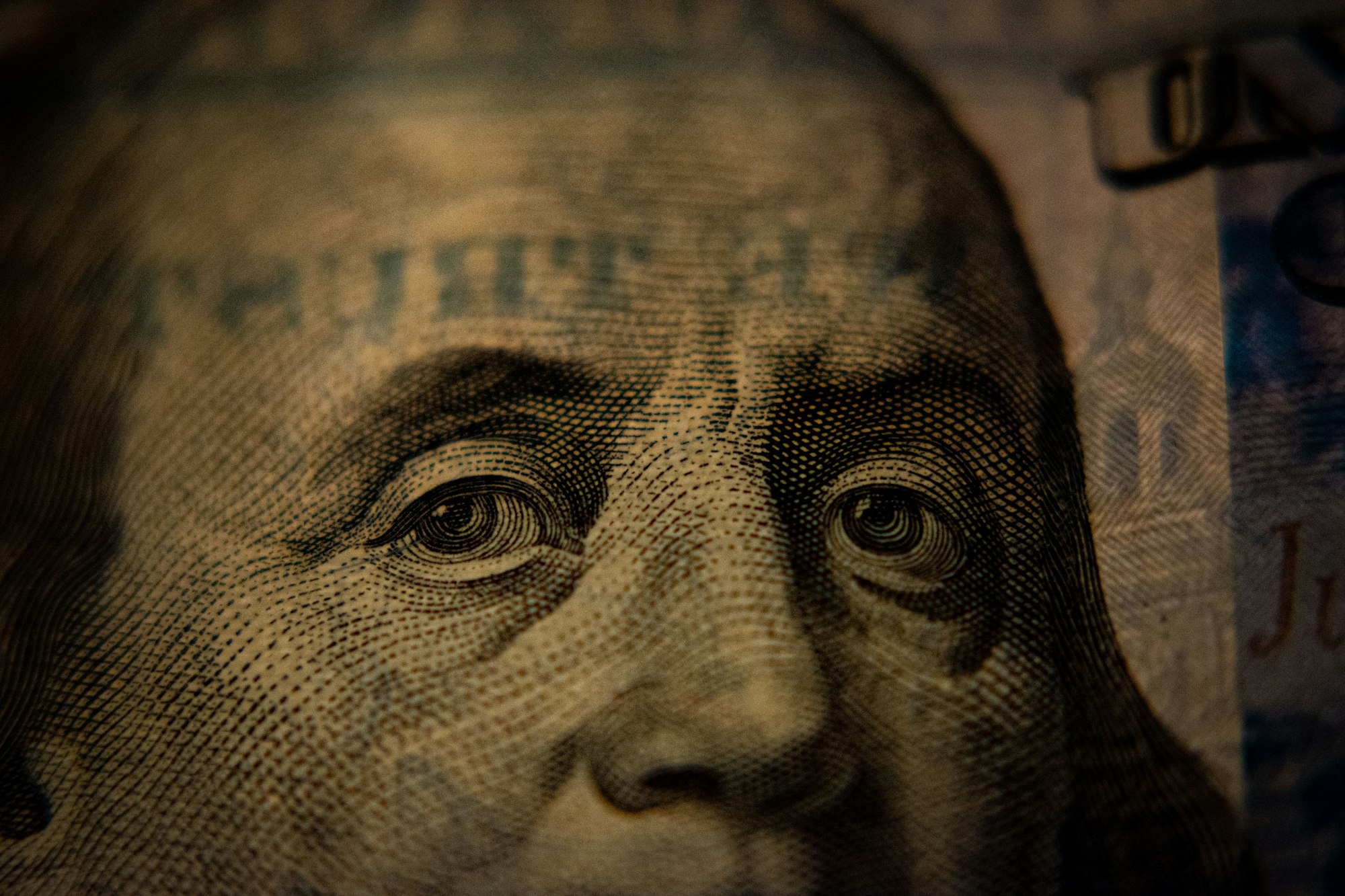Global Investors Have Been Pilling Into High Yielding U.S. Assets
The target benchmark rate increased from near zero in March to over 3% today as the Fed started its most aggressive round of rate hikes since the 1980s to fight inflation. The Fed also launched its Quantitative Tightening (QT) programme to reduce its $8.8 trillion balance sheet, hereby effectively removing the largest buyer of Treasuries and mortgage securities from the market.
- As a result, global investors have been flocking to higher-yielding U.S. assets, and the dollar has strengthened while competing currencies have weakened
- The ICE Dollar Index, which monitors moves in the value of the US dollar relative to a basket of world currencies, is on track to its greatest year since its inception in 1985 rising more than 14% in 2022
- Recent economic evidence points to persistently high U.S. inflation, supporting further Fed rate hikes and a stronger dollar
Growth Slowdown And More Inflation For World Economies
As the dominant currency in international trade and banking, swings in the value of the dollar have a significant impact on the world economy. A dire consequence is the instability of foreign economies with the escalation of inflationary pressures as a weaker currency makes import and dollar-denominated debt more expensive. On the U.S. side, a stronger dollar benefits the country by lowering import costs, hereby supporting attempts to control inflation and giving Americans record relative purchasing power.
“Such U.S. dollar strength has historically led to some kind of financial or economic crisis,” Morgan Stanley chief equity strategist Michael Wilson in a note
- The World Bank issued a warning that a global recession and “a string of financial crises in emerging market and developing economies that would do them lasting harm” were on the horizon
- The cost of repaying debts borrowed in dollar by governments and businesses in emerging markets is increased by the dollar's strength
- Christine Lagarde, president of the ECB, raised alarm at a meeting early September about the euro's decline this year, saying it has "added to the buildup of inflationary pressures"
Safe Assets Are Facing Surging Volatility
According to Mark Connors, the former global head of risk advising at Credit Suisse, the plumbing of the financial system might be disrupted by soaring volatility in what are meant to be the safest fixed income products in the world. Connors added that volatile markets may expose asset managers, hedge funds, or other players who may have overextended themselves or taken unwise risks to margin calls and forced liquidations.
- According to Deutsche Bank strategist Tim Wessel, so-called zombie companies that have survived due to the low interest rate environment over the previous 15 years would likely experience a "reckoning" of defaults as they struggle to access more expensive loans
“When interest rates are at or close to zero, it’s very easy to get credit, and under those circumstances, the difference between a good company and a bad company is narrow,” Komal Sri-Kumar, president of Sri-Kumar Global Strategies and former chief global strategist of TCW Group
Disclaimer
Please note that this article does not constitute investment advice in any form. This article is not a research report and is not intended to serve as the basis for any investment decision. All investments involve risk and the past performance of a security or financial product does not guarantee future returns. Investors have to conduct their own research before conducting any transaction. There is always the risk of losing parts or all of your money when you invest in securities or other financial products.
Credits






